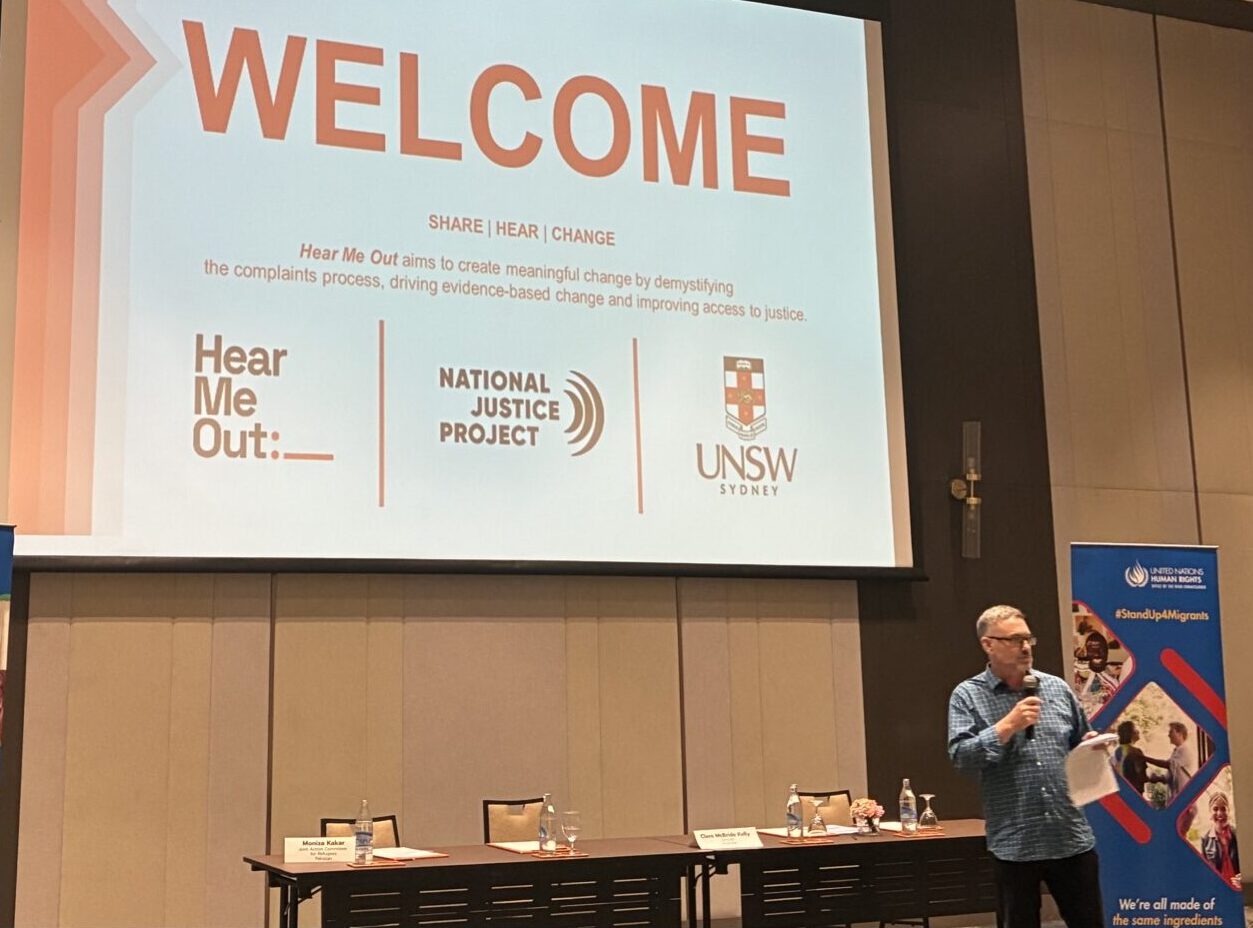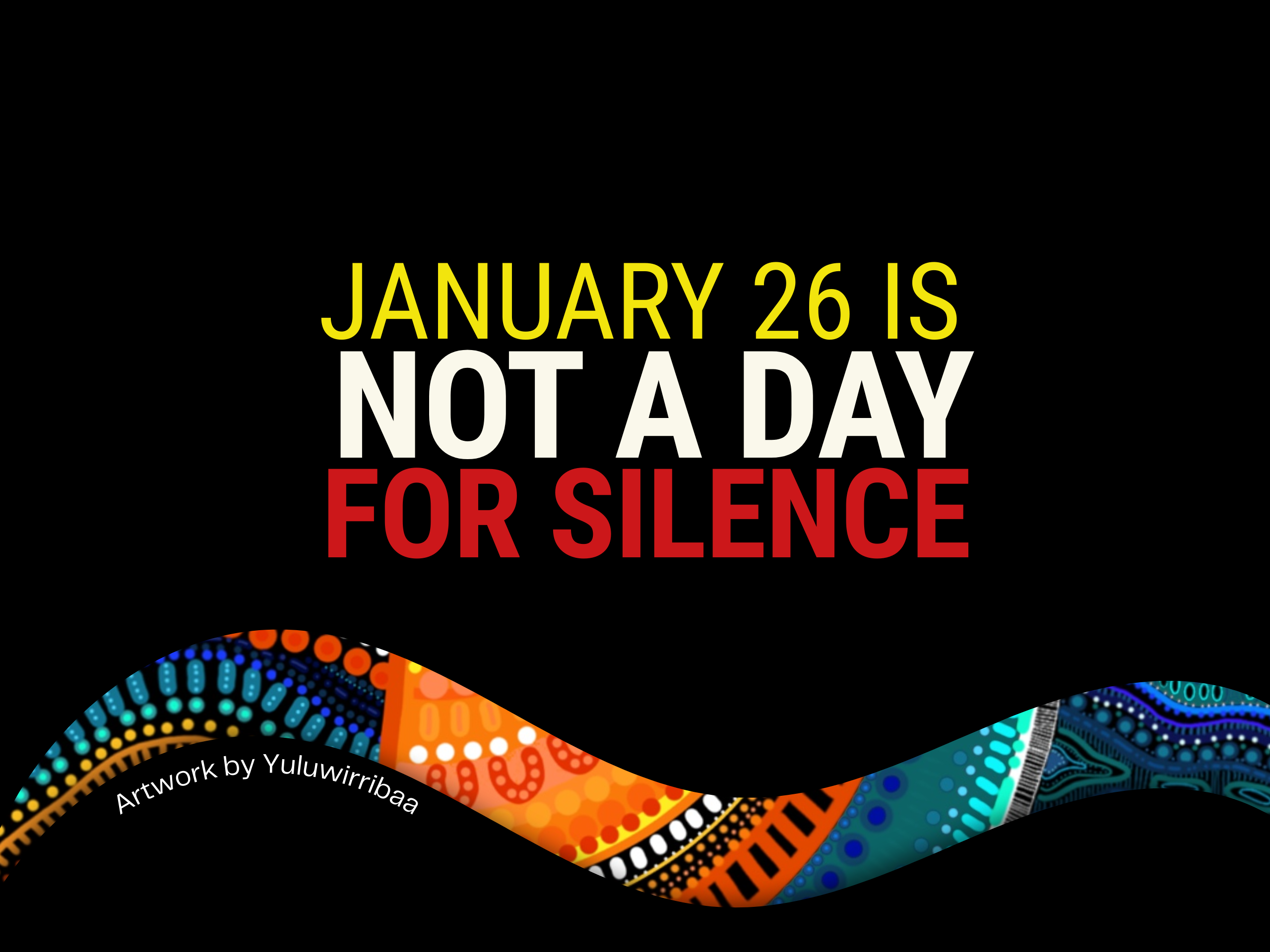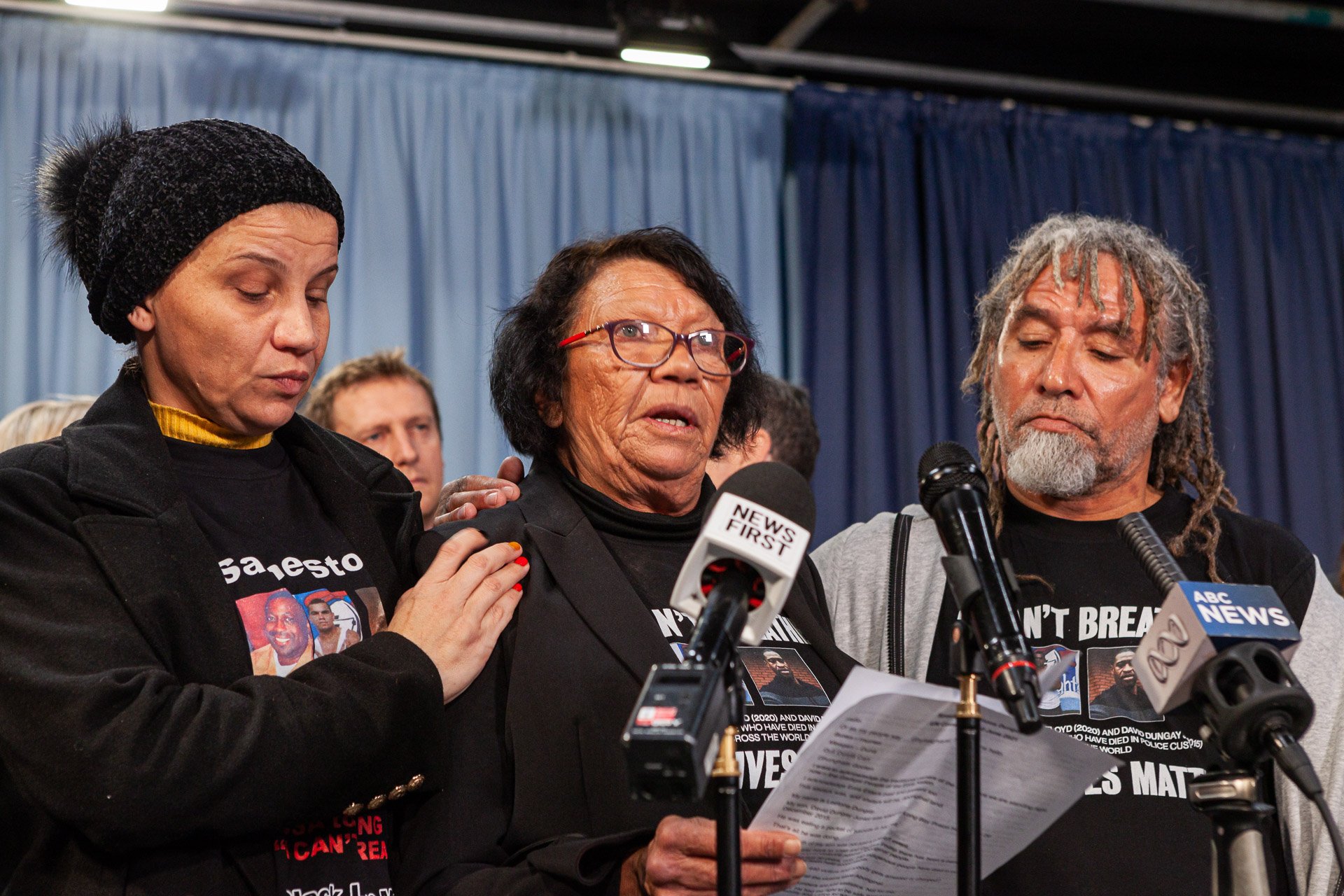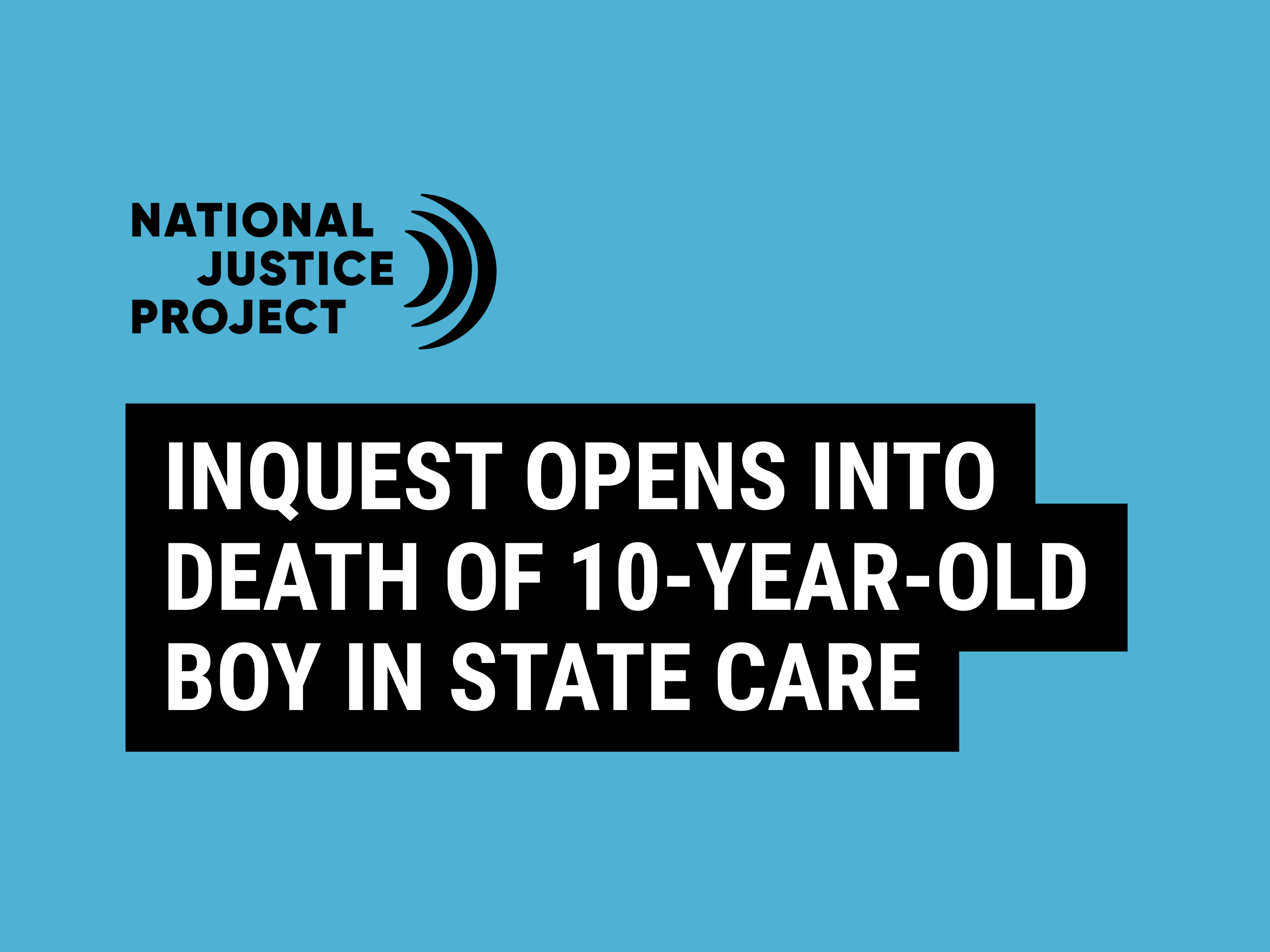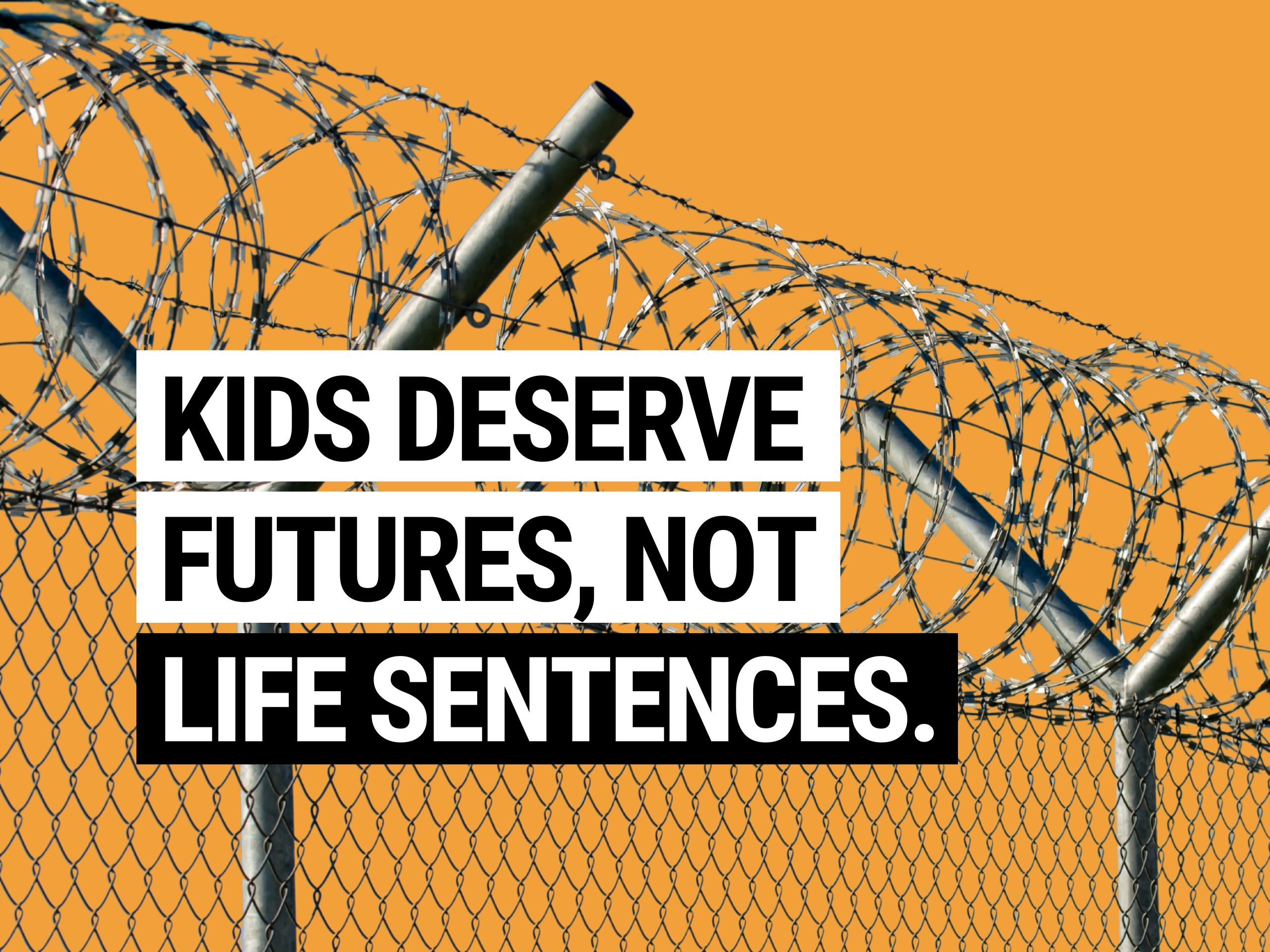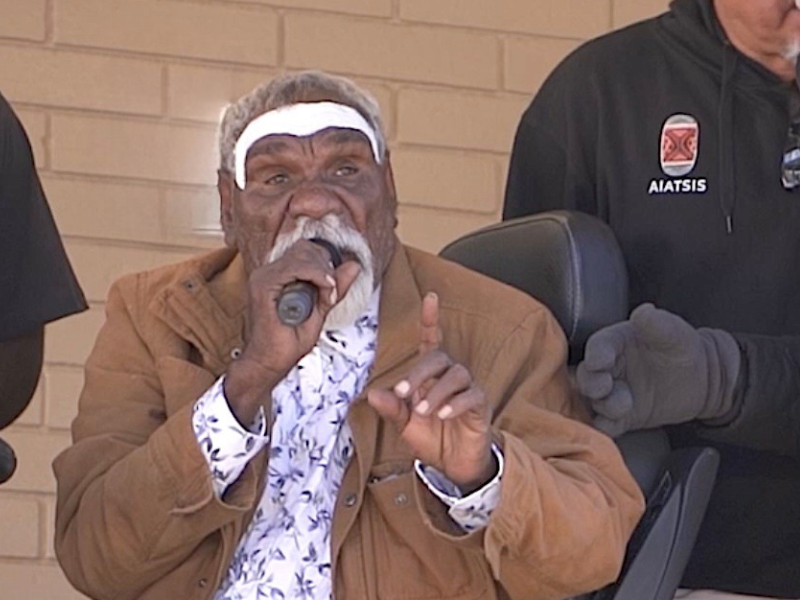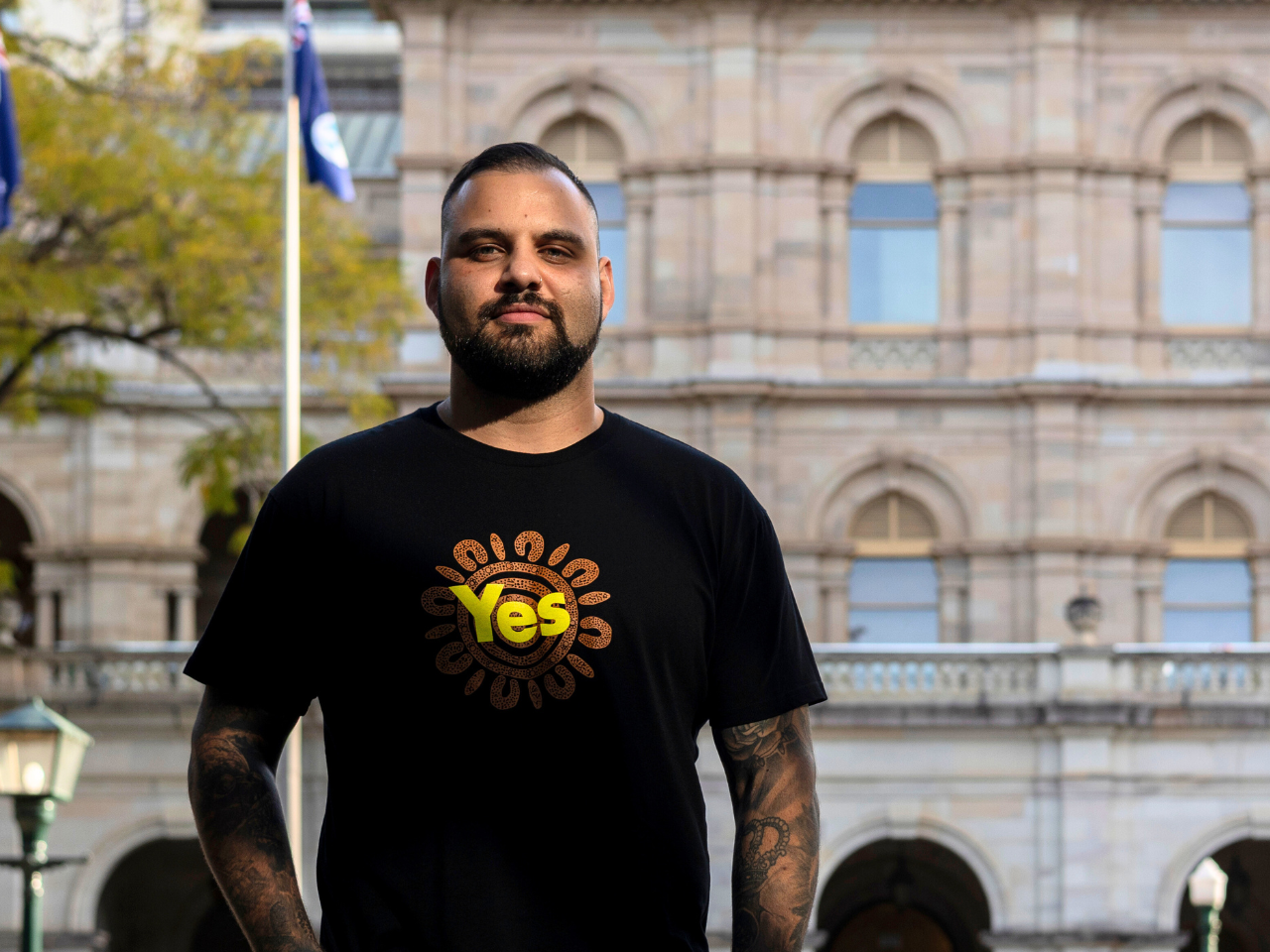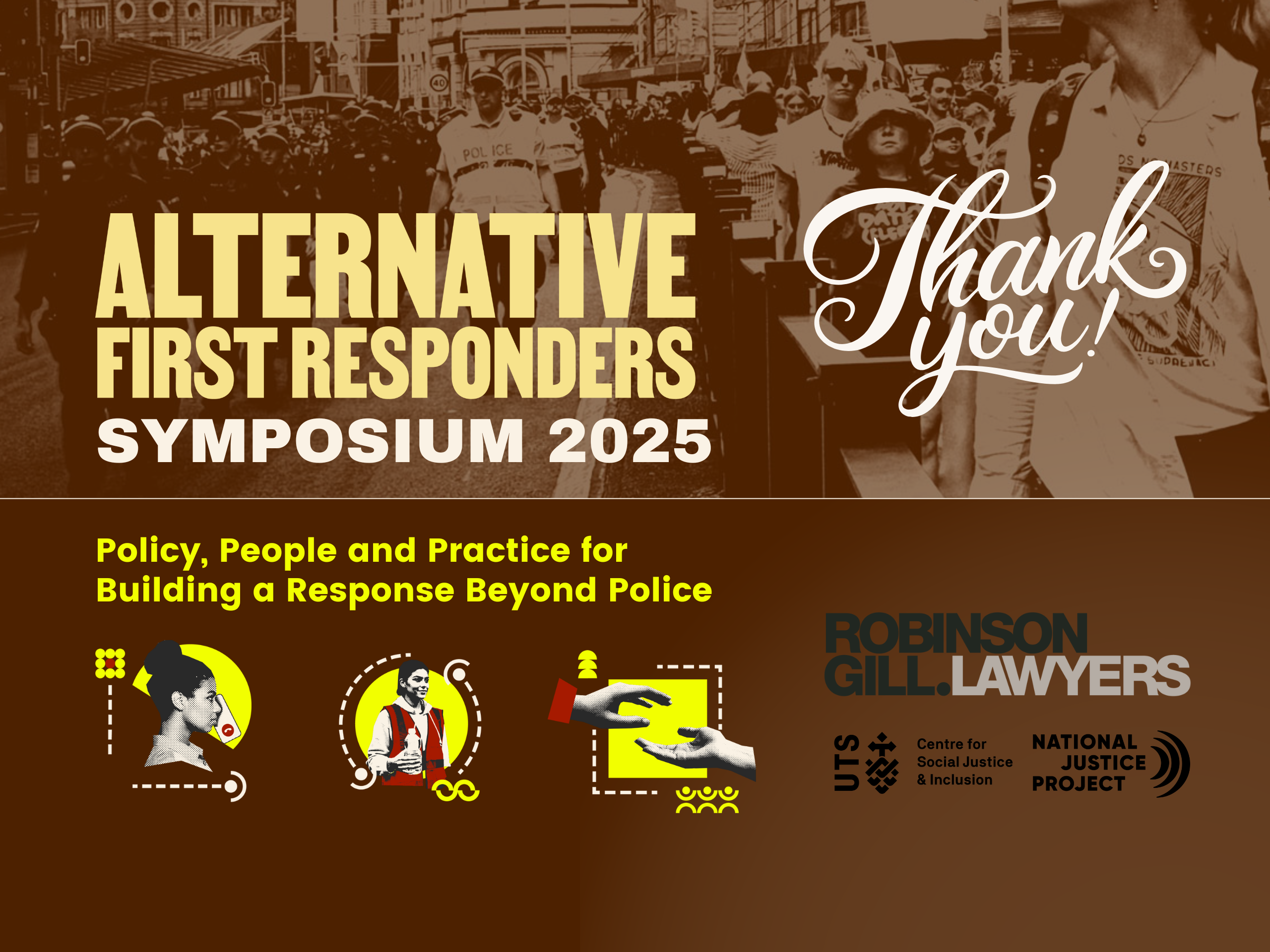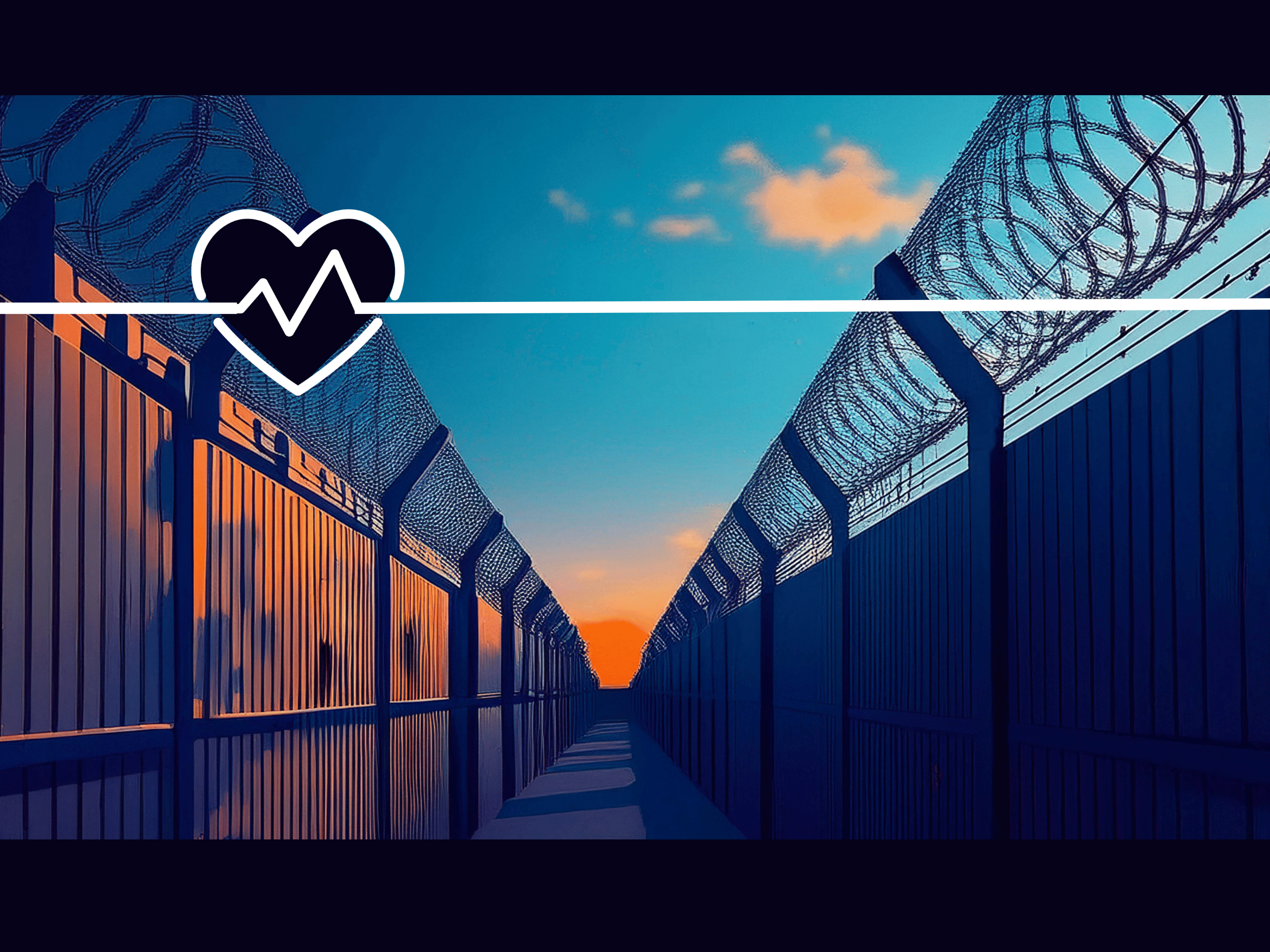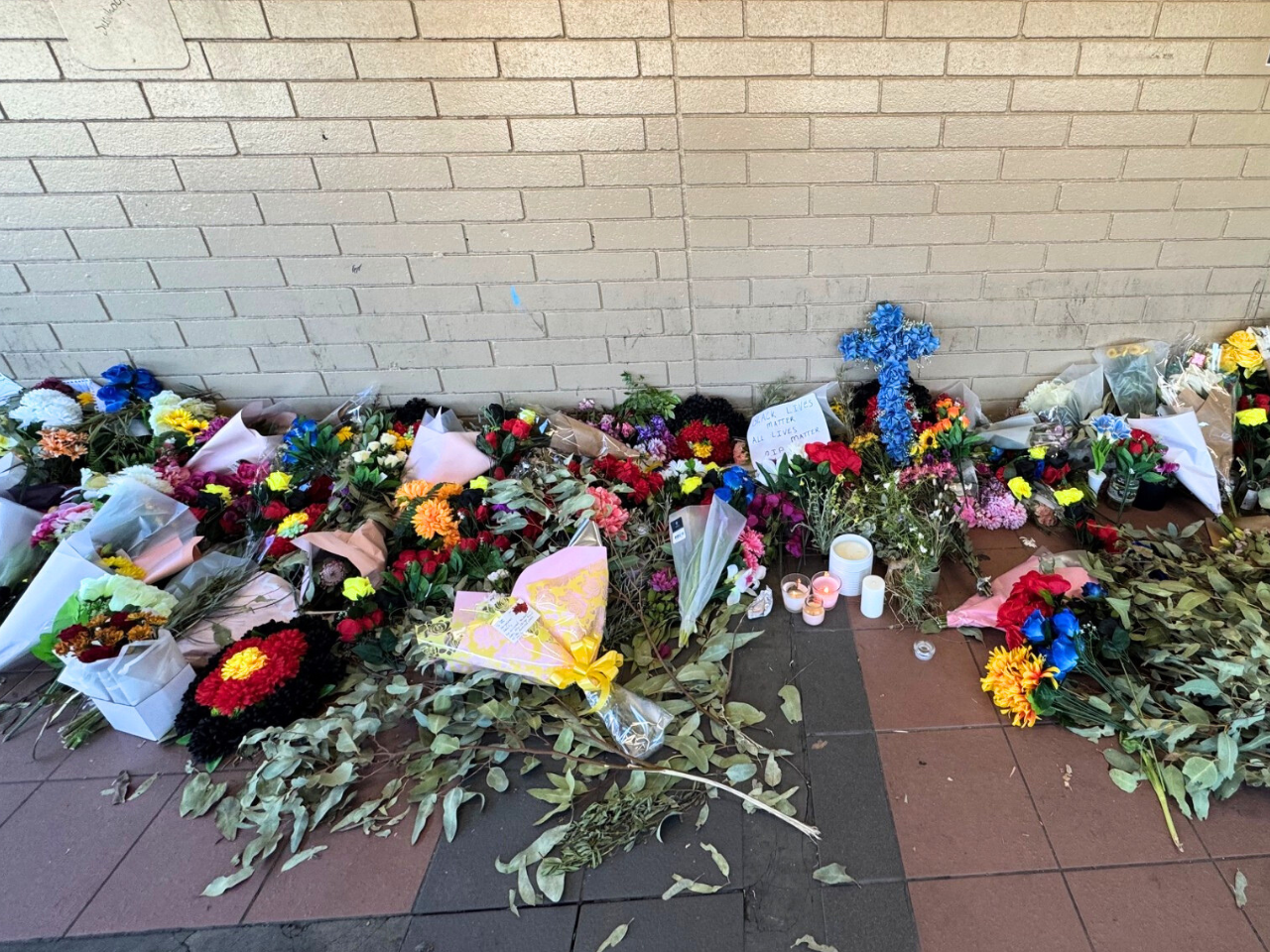The National Justice Project recently presented at a United Nations conference, showcasing a proposal for an AI-powered platform to improve access to justice worldwide.
CEO George Newhouse and Principal Solicitor Ashleigh Buckett attended the Asia Pacific Strategic Litigation Network for the Human Rights of People on the Move annual meeting in Bangkok, co-hosted by the Office of the United Nations High Commissioner for Human Rights (OHCHR) and the Asia Pacific Refugee Rights Network (APRRN).
Speaking at the conference, George introduced the Justice Matrix, a trusted AI platform designed to help close the global justice divide.
By linking legal and advocacy efforts across states and countries, the Justice Matrix enables practitioners, academics, and advocates to share knowledge and coordinate action to protect human rights.
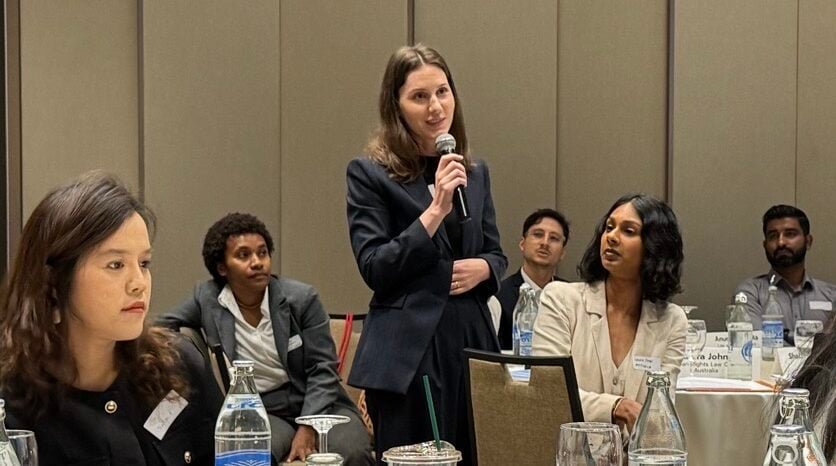
“AI has the potential to be very powerful if it’s used ethically and collaboratively,” said Ashleigh Buckett.
“At the National Justice Project, we’re focused on how technology can make justice more accessible, whether that’s through global projects like the Justice Matrix or community-based tools like Hear Me Out, which gives people a safe and simple way to report racism and discrimination.”
Built by the National Justice Project with partners across universities, law firms, and tech, Hear Me Out is a free, open-access AI-powered complaint triage platform that guides users to the right complaint body and helps them write and lodge their complaint. Hear Me Out recently launched in Victoria and is also available in NSW.
George Newhouse said the invitation to speak at the UN event reflects growing international focus on using technology to fight against injustice.
“For us, this is about making sure AI serves people and communities.” he said.
“The Justice Matrix creates a justice ecosystem where every rights defender, can act with shared intelligence, solidarity, and power. It’s about using innovation to connect advocates globally and strengthen fairness.”
The network supports strategic litigation in the Asia-Pacific region related to the human rights of migrants and people on the move.
More than 50 litigators, advocates and UN partners attended the meeting representing 15 countries from across Asia and the Pacific.
